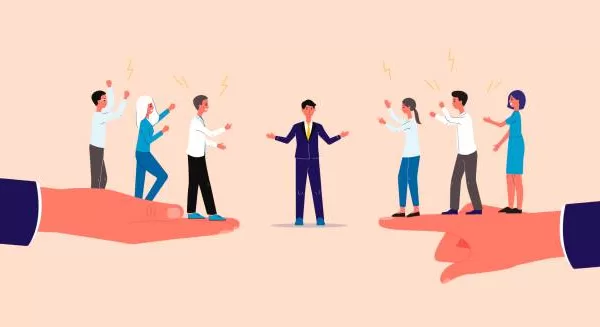Working on your team-building exercises can do wonders for your organization’s productivity, relationships, and communication.
The Dream is made possible by Team
Having high-performing teams is obviously lot more successful and produces far better results. Even though you might narrow your attention throughout the interview process to solely looking for high performers, team building is crucial and shouldn’t be overlooked.
Giving your staff a sense of community is a simple method to promote better teamwork. As a result, your company culture will be enhanced because everyone will be happier and more content to come to work and interact with coworkers. Problems will be resolved much more quickly and with better outcomes if your team can cooperate to solve them than if there is no sense of camaraderie.
Taking a boat ride and enjoying a picnic at dusk have been some of the most memorable team-building exercises I have participated in. Additionally, I took part in an escape room that made me laugh excessively and mostly failed at building a raft with strangers. I’ve always felt better after participating in team building activities, and I look forward to visiting those friendlier faces when I arrive at work.
How team building benefits others
Intensifying output
Teams that function well distribute the workload, so if one team member has significantly less work than another, they can pick up the slack to help the team catch up. Productivity is increased because this is, of course, reciprocated when it occurs the other way around.
This is helped by team building since people are far more likely to go above and beyond for others when they feel like they can contribute to a better team. They care about the success of their team, not just themselves.
Promotes a climate of learning
Successful team building encourages groups to work together more and share their experiences in order to increase the group’s success as a whole. When team members enjoy their work, this is much easier to foster. Together, building on each other’s strengths and using our creativity will generate fresh concepts and unconventional approaches to solving issues. This makes work lot more enjoyable, but it must be built on a culture that already values strong bonds and shouldn’t be anticipated to develop naturally.
Communication is crucial
Without a solid foundation for a relationship, communication can become complicated and difficult when people try to work together. Working with others is much simpler when everyone is clear about their responsibilities and roles rather than when there are any ambiguities. When everyone is aware of what each other is working on, they may check in and offer assistance as required. Another crucial component of this is a culture that encourages candid and open feedback.
Resolves disputes
Of course, conflicts are inevitable when individuals collaborate. It is the responsibility of the participating team members to first attempt to resolve these problems and work toward cooperation and compromise.
Workplace conflicts aren’t always bad; most frequently, they help people get to know one another better. Conflicts typically arise when individuals with differing perspectives on how something should be handled have come from various working settings. This is especially true if you approach hiring with a focus on culture add rather than cultural fit. Although there can be disagreements at first, this will ultimately strengthen your team. The ideal way to group various expertise and learn from one another is through team building.
Fostering trust
Teams that can rely on one another when things get overwhelming and have mutual trust are vital. Building trust amongst teams gives them room to develop with the support of their coworkers. Additionally, they will be far more inclined to be honest with each other about their own skills and faults, providing and receiving feedback in an open manner. Because there is a shared level of trust between them all, exposing these weaknesses facilitates communication and active listening.
How does company culture impact team building?
When team development is successful, it has an impact on the entire organization since pleased team members are more likely to cooperate with other teams. The atmosphere at work is improved as a result, and HR staff now have a far stronger base upon which to create a fantastic culture in the future.
Team building and company culture go hand in hand because both are about how people feel at work. The following are some of the most crucial points to keep in mind:
- Valued and trusted
- Listened to
- Part of a team
- Able to make decisions
- Space to learn and grow
Everyone in the organization is accountable for establishing a positive workplace culture, and by organizing successful team-building exercises, you’ll make it much simpler for company culture to emerge more naturally. Before you realize it, your teams will be able to collaborate effectively, solve problems creatively, and work cross-functionally with others. In turn, this leads to significantly higher staff engagement.




